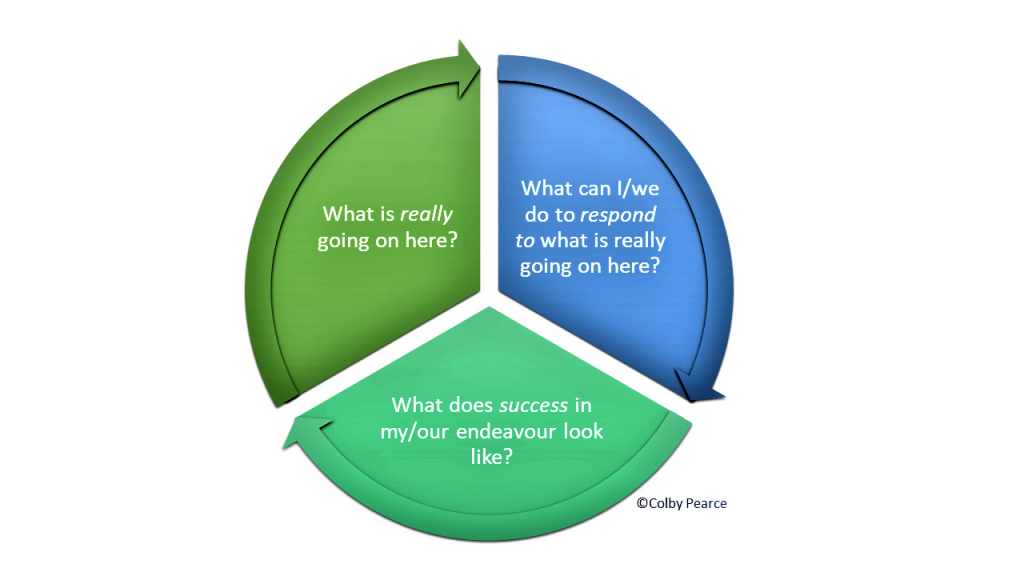Messy bedrooms are not necessarily evidence of a chaotic mind or wilful disobedience. For children who are recovering from a tough start to life due to abuse and neglect or other forms of hardship, it can be a sign that they struggle to feel secure about what they have, and that they need to see their possessions in order to feel reassured that their needs are understood and important, and that they are loved and worthy.
The paragraph reflects one of the central tenets of my work with children and young people who are recovering from adversity; the requirement that we approach the caregiving role mindfully and intentionally, considering not only the behaviour we can see but also the reason why the child or young person is doing it. This is necessary because until such time as the child or young person feels sufficiently acknowledged and responded to in relation to the real reasons why they do what they do, they will continue to struggle to feel truly heard, cared for, and worthy. The consequences of this is an ongoing preoccupation with their needs and coercive behaviours to reassure themselves about their access to those things that represent that they are loved and worthy of care.
If you accept this and are willing to try an alternative approach to addressing the issue of messy bedrooms, try using shelving to display the items that are important to the child or young person in your care, and open racks (and shelving) for clothes instead of closed cupboards or drawers. I anticipate that in time this will lead to a tidier bedroom and, perhaps, a calmer home.

If you took something useful away from this article, please consider liking it and making a comment. I am interested to read what other behaviours you would like me to turn my mind to.
If you would like to make a small donation in support of me producing this blog, please consider buying me a coffee.










